Zoomer 🚀
August 4, 2021
BEFORE THEY QUIT
A tactical guide to tackling burnout
We know - we talked about this a while back. But burnout (AKA a physiological state of physical and emotional exhaustion) hasn't gone away. In fact, with most of us still WFH, it's easier than ever to burn out. And depending on the day, we're still all running the risk of fizzling out.
So, we decided to resurface a fan favorite newsletter section and expand it into an easy-to-follow guide. One that protects you and your team from burning out. Here's the TL;DR version:
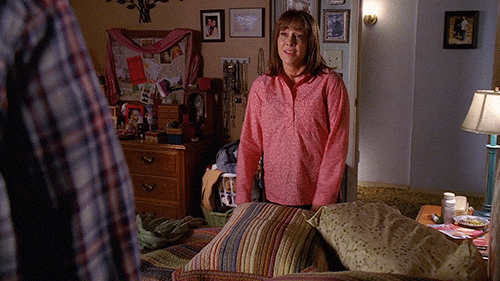
The key to not burning out?
Working less so you can be more productive! Hear me out on this - burnout isn't sustainable. Burnt-out employees are 63% more likely to take a sick day. And 13% less productive if they do show up to work. Plus, (if bad enough) burnout can even drive people to look for a new job.
How to protect yourself and your team from burnout?
- If everything is a priority, nothing is. So, determine the one most important thing - and focus on that. Everything else is just extra.
- Set personal boundaries for work. Meaning, hard stops on weeknights and a non-negotiable no work on weekends precedent.
- Work gets 80% of your energy (max). The rest is reserved for your family, taking care of yourself, your hobbies, or anything else you care about.
- If you're not working, don't think about work (duh). Not only will this give your brain time to rest - but you'll start finding better, more creative solutions to problems.
👉 Get the full guide to tackling burnout.
SCAN ME
Why QR codes are taking over small business
The Quick Release craze is here to stay. You know - like QR codes! AKA those black and white squares you scan at restaurants now, so you can order your chips and guac.
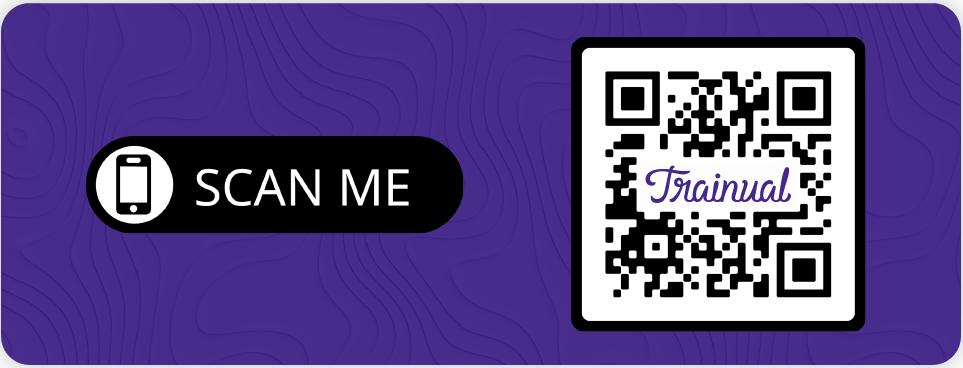
Early in 2020, restaurants hung up their aprons as the pandemic swept. But when food service opened their doors again, menus were replaced with safer, more sanitary touchless menus via QR codes.
Today, roughly 50% of full-service restaurants in the US use QR codes. And even with vaccines rolling out, most eateries don't anticipate bringing back their old-school paper menus. And non-food industries are starting to pick up on the trend.
That's because, on top of keeping customers and staff safe, QR codes also make doing business easier:
- Over 1M SMB's use QR codes to accept additional forms of payment, like Venmo and PayPal.
- They save up to 50% in labor costs, thanks to mobile purchasing options.
- An estimated 5.3B coupons will be accessed and used via QR codes in 2022.
Not to mention, they make it a lot easier to personalize how you market to customers! For example, some QR code creators (like Flowcode) use cookies to track when and where customers scan the code. So, you know where customers are actually interacting with your brand (despite Apple's new privacy terms).
Plus, these QR codes can give you insight into what they purchase on your site. This makes it much easier to retarget them with personalized deals, increasing your chances of repeat customers.
Add on the fact that 58% of consumers want to see more QR codes used in the future, and it's worth at least trying. Especially since you’ll likely get some free traffic from the curious people who scanned the code to see what happens. Just like you did (or were at least tempted to) with the code above. 😉
FOUNDING FUBU
Meet the man who invented ‘90s streetwear
Remember when hip-hop exploded in the ‘90s? No one thought it would inspire a young boy from Hollis, Queens, to change the fashion world forever. But then came Daymond John.
Immersed in the emerging hip-hop scene, Daymond saw folks in the community were ignored (and even looked down on) by the major players in fashion. Frustrated with the situation, he decided to do the unthinkable.
In 1992, Daymond and 3 childhood friends launched FUBU (For Us, By Us) from his mother’s basement. Trained in the NYC lifestyle, these young friends pioneered streetwear, experiencing explosive growth in the process.
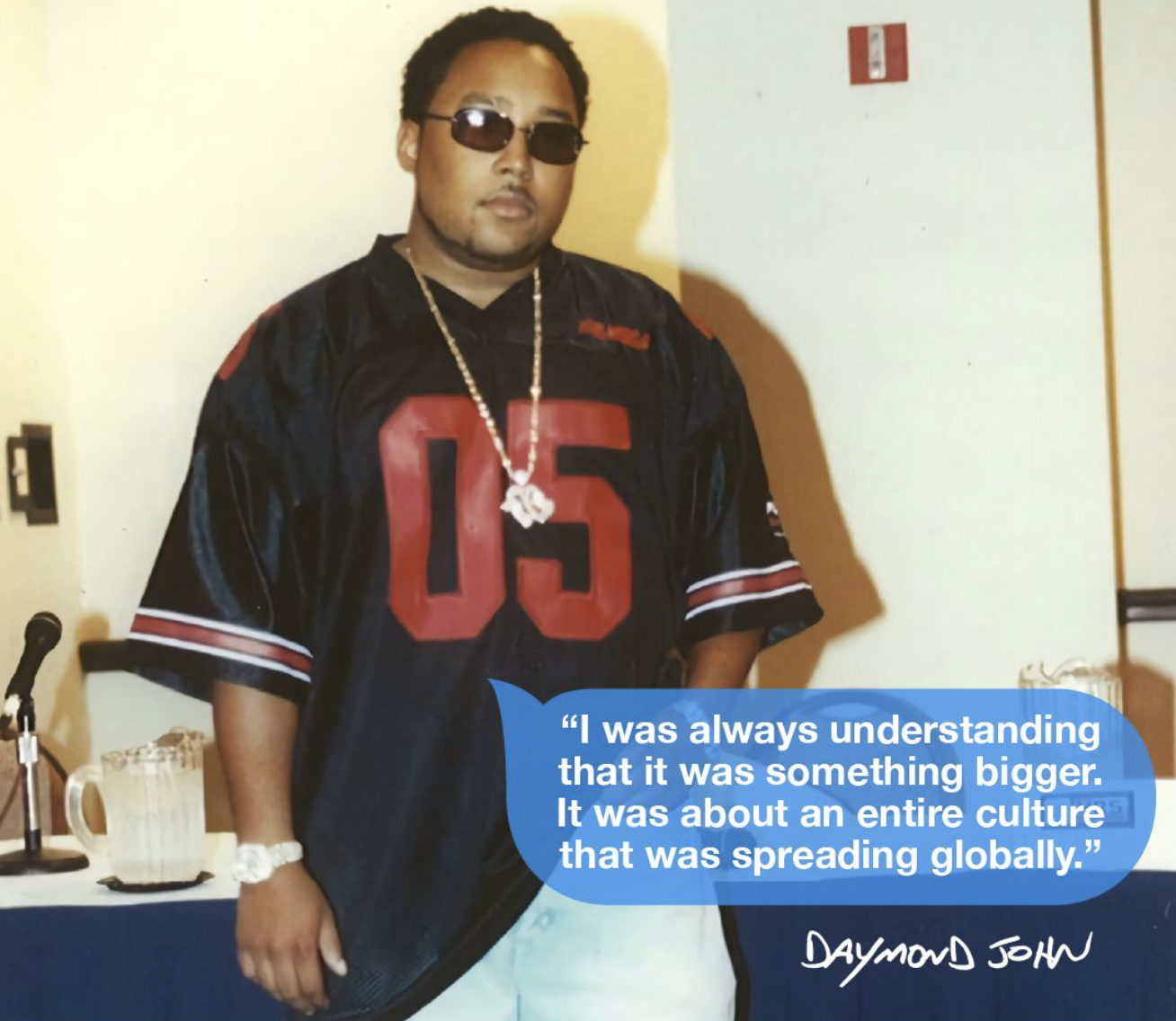
Soon after, they’d turn this household operation into a $6B brand that dressed the likes of LL Cool J and NSYNC. But more importantly, FUBU became an unstoppable cultural movement. One that proves that anyone can be an entrepreneurial force to be reckoned with.
Today, Daymond shares exactly how he did it. All in his unfiltered founding story in the exclusive Audible Original, Founding FUBU.
👉 Hear Daymond tell his story.
OKAY, BOOMER
Gen-Z is rewriting the way we do business
You know TikTok? The app where kids do all those cringe-y dance moves? Well, turns out they use it for so much more than that.
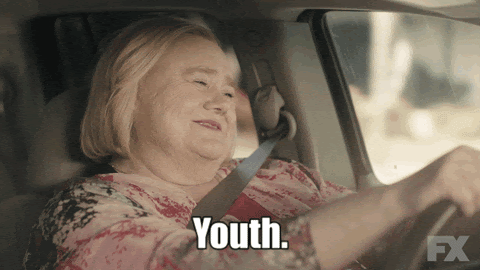
Take Matt Choon (AKA @potioncbd), for example. The 24-year old Zoomer is the CEO of Potion Lifestyle, an online CBD dispensary that's recently grown into a TikTok sensation.
Before the pandemic, Matt would throw house parties to get marketing materials of people using his product. Share them on platforms like Instagram to build brand awareness. Then, fulfill online orders of high-quality CBD gummies, oils (potions), and hemp from his Soho apartment.
But the business wasn't providing him an income equal to that of a mid-level sales employee (which was his previous 9-5). So, when TikTok emerged from the pandemic, he joined in on popular startup trends. Such as sharing a day in the entrepreneurial life, explaining why he quit his 9-to-5 (this trend is red hot right now), and giving sneak peeks of his soon-to-be-released products.
One of these videos announced the launch of his Canal street pop-up shop. And in just over a month, the post gained upwards of 120k views. And, people started filing in to buy his products.
Matt's TikTok has since collected 3M+ likes and brought in over $100k in business. This boost has allowed Matt to add a CBD vending machine and branch into reselling vintage fashion.
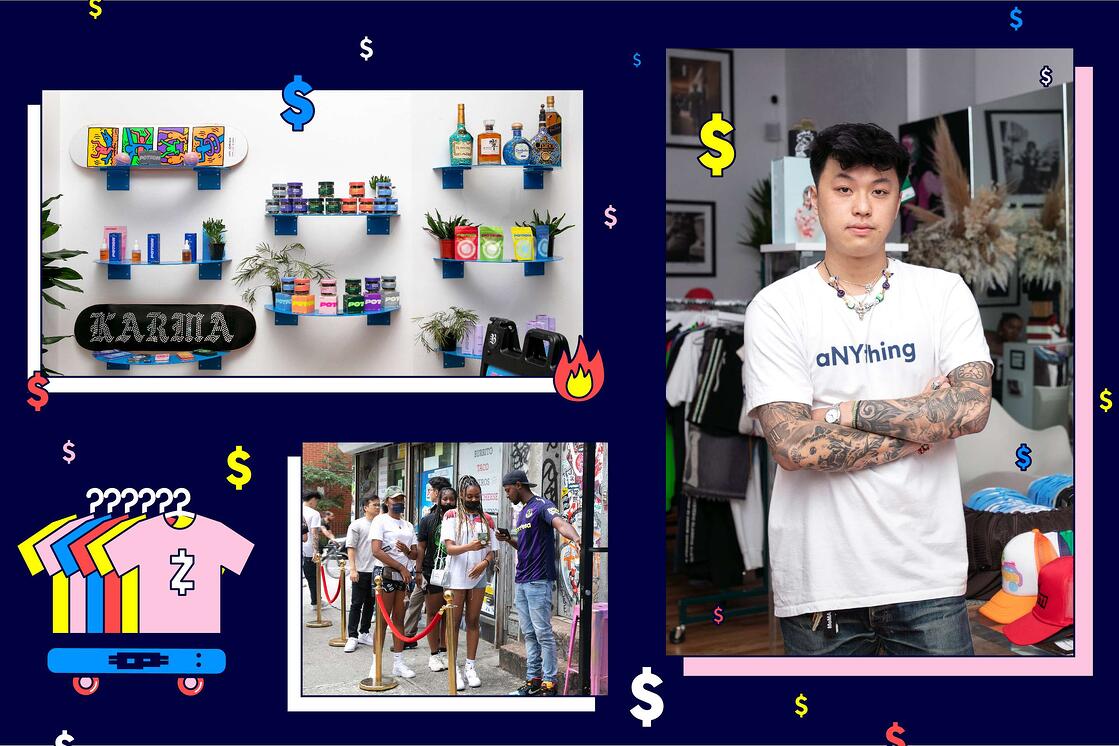
You might be totally against downloading TikTok. But Matt is proof that small businesses (especially ones looking to grow) need to be on the platform. Because Matt isn't unique among Gen-Z.
When the pandemic kept 9.6M recent graduates out of jobs, they had to find other ways into the workforce. Ones that avoided the pattern of working for companies that might let you go at any time. That's when Gen-Z flooded the small business scene. And not only are they schooling their elders - but they're doing it without ever putting their phones down.
👉 Read more Gen-Z SMB wins.
TL;DR
This week's highlight reel
- Boundaries, please. The drive to and from work sucks. But turns out there's one mental health benefit that people now miss without their daily commute: Having time to switch "work-mode" on and off.
- Speaking my language. Duolingo, the language-learning unicorn, is valued at a staggering $3.6B after going public. The handsome debut left shares priced around $102 (compared to the $85 expected).
- Pinterest is losing interest. The social platform reported 454M monthly active users in Q2, down 5% from the 478M reported in April. The company credits this slump to people "spending more time... outside their homes."
- Booked! An Amex survey found people are looking to take last-minute family vacations before fall - and they're willing to splurge to make it happen. In fact, respondents expect to spend nearly $5k on travel between now and 2022.
- What's your sign? You might not believe them, but (admit it) we all definitely read them. Yep, we're talking about horoscopes. See what's in the stars for your business this month.




